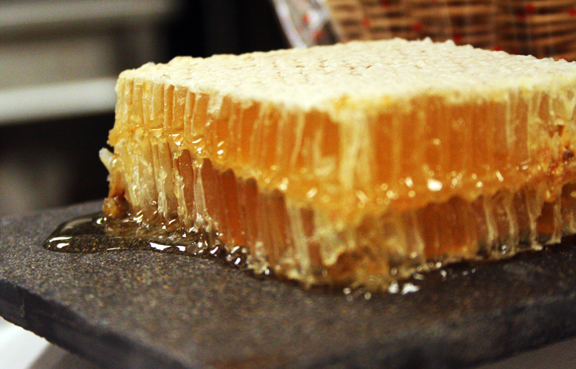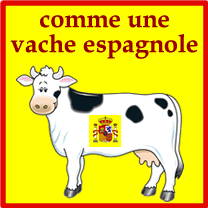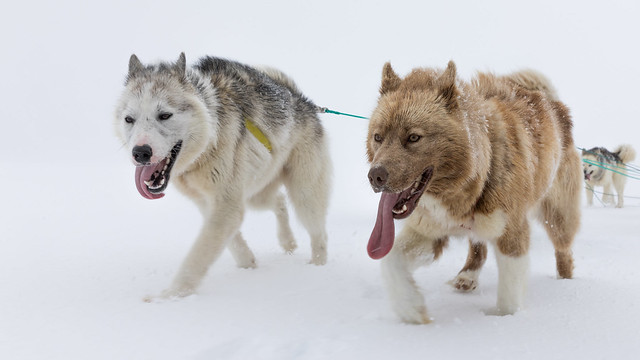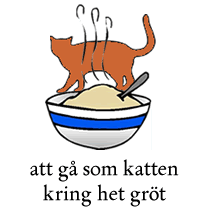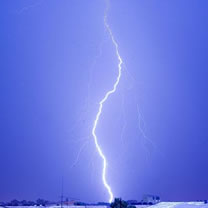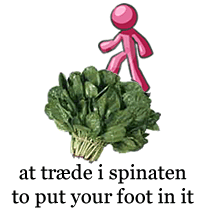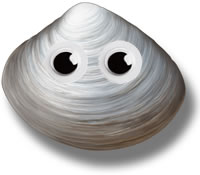Yesterday I came across an interesting idiom in Scottish Gaelic: mil air do bheul, which means “that’s wonderful/excellent news” or literally, “honey on your mouth”. Perhaps this was coined when honey was difficult to obtain, so having honey on your mouth would be considered good thing.
Meanwhile, in Welsh if you have honey on your sandwich or bread, or mêl ar dy frechdan/fara, it is considered a source of pleasure, which makes sense to me. Also, having honey on your fingers, or mêl ar dy fysedd, is music to your ears, or taking pleasure in the misfortune of others, or in other words, indulging in schadenfreude.
In Irish if there is honey on your every word, or tá mil ar gach focal agat, then you are speaking sweetly, perhaps with honeyed words. If you really enjoy your food, you could say that there is honey on your food, or tá mil ar an mbia agat. If you cover someone with honey, or duine a chlúdach le mil, you are showering them with kindness, and if there is honey on your tall-stemmed grass, or tá mil ar chuiseogach agat, then you are having a delightful time.
Sources: https://www.faclair.com/, https://www.teanglann.ie/en/fgb/mil
More honeyed words in Celtic languages can be found on the Celtiadur.
Do you know any other interesting honey-related idioms?
